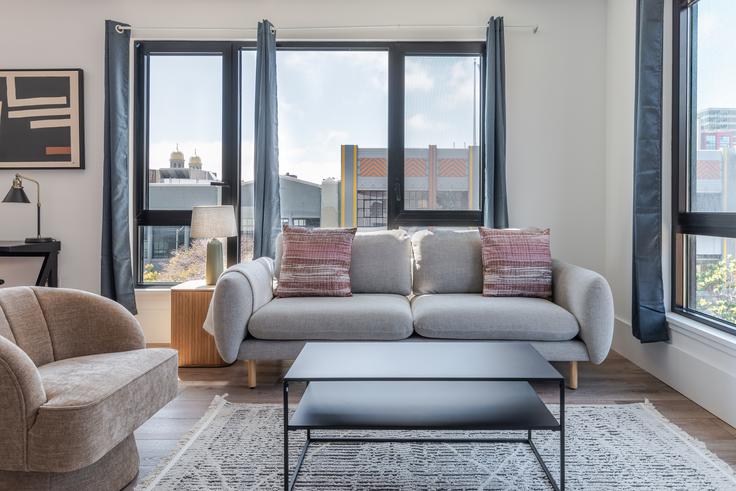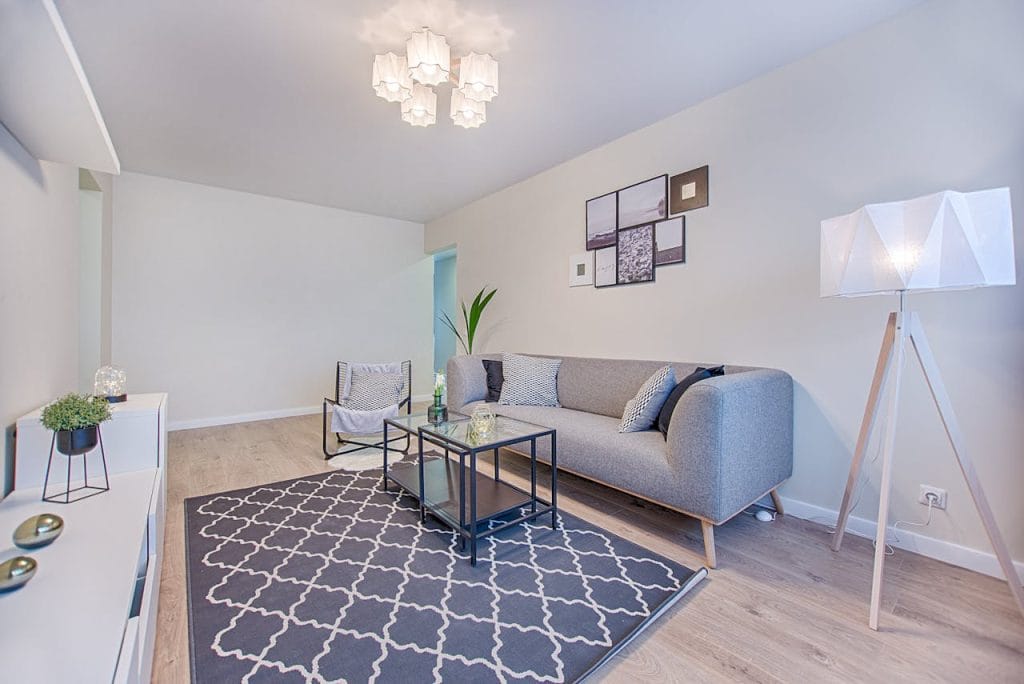Managing the heating and cooling systems in a short-term rental can be quite a task. Whether you’re a host or a traveler, ensuring that the rental property maintains a comfortable temperature is essential. In this guide, we will explore various tips and strategies for effective climate control, enhancing the overall experience for guests.

Understanding the Importance of Temperature Control
Temperature plays a critical role in creating a comfortable environment. A rental that is too hot or too cold can lead to negative reviews and unhappy guests. Ensuring that your rental’s heating and cooling systems are functioning properly is not just about comfort; it’s about providing a welcoming atmosphere that encourages repeat bookings.
Choosing the Right HVAC System
Investing in a reliable HVAC system is crucial for any short-term rental. The system should be energy-efficient and capable of maintaining a consistent temperature throughout the property. Consider systems with programmable thermostats that allow guests to control the temperature according to their preferences.
Energy Efficiency Matters
Energy-efficient systems not only help in reducing utility bills but also contribute to environmental sustainability. Look for HVAC systems with a high SEER (Seasonal Energy Efficiency Ratio) rating, as these are designed to use less energy while delivering optimal performance.
Programmable Thermostats
Installing a programmable thermostat can be a game-changer. It allows guests to set the temperature according to their comfort levels. Some smart thermostats can even be controlled remotely, providing added convenience for both hosts and guests.
Regular Maintenance and Inspection
Regular maintenance of heating and cooling systems is essential to ensure their efficient operation. Schedule routine inspections and servicing to identify and fix any issues before they become major problems. Clean and replace filters regularly to maintain air quality and system efficiency.
Professional Servicing
Hiring a professional to service your HVAC system can prolong its lifespan and improve its efficiency. A well-maintained system is less likely to break down, ensuring that guests remain comfortable throughout their stay.
DIY Maintenance Tips
While professional servicing is important, there are several maintenance tasks that hosts can perform themselves. Regularly cleaning the air vents and filters, checking for leaks, and ensuring that the thermostat is functioning correctly can prevent minor issues from escalating.
Providing Clear Instructions for Guests
Clear instructions on how to use the heating and cooling systems can enhance the guest experience. Provide a detailed guide on how to operate the thermostat and any other climate control systems in the rental. Consider creating a simple instruction sheet or booklet that guests can easily refer to.
User-Friendly Thermostats
Choose a thermostat that is easy to use and understand. A user-friendly interface with simple controls can prevent confusion and ensure that guests can adjust the temperature to their liking without any hassle.
Instructional Materials
Include instructional materials in multiple languages if your rental attracts international guests. This consideration can enhance their experience and make them feel more at home.
Enhancing Guest Comfort with Additional Amenities
Beyond the basics of heating and cooling, consider adding amenities that enhance overall comfort. Providing fans, space heaters, or extra blankets can cater to individual preferences and add a personal touch.
Portable Fans and Heaters
Portable fans and heaters offer flexibility and allow guests to adjust the temperature in specific rooms according to their preferences. These can be especially useful in rentals with varying room sizes.
Extra Blankets and Bedding
Offering extra blankets and bedding can make a significant difference in guest comfort. Ensure that these items are clean and easily accessible for guests to use as needed.
Considerations for Different Seasons
Seasonal changes can affect the temperature needs of a rental property. It’s important to adjust heating and cooling strategies according to the time of year to ensure optimal comfort for guests.
Winter Heating Tips
During the winter months, ensure that the heating system is in top condition. Consider adding rugs or carpets to help retain warmth and provide insulation.
Summer Cooling Strategies
In the summer, focus on keeping the rental cool. Use blackout curtains to block out heat from the sun and ensure that air conditioning systems are functioning efficiently.
Embracing Smart Home Technology
Integrating smart home technology can enhance the heating and cooling experience in a short-term rental. Smart thermostats, sensors, and automation systems can provide greater control and efficiency.
Smart Thermostats
Smart thermostats offer advanced features such as remote control, scheduling, and learning capabilities. These can automatically adjust settings based on occupancy and preferences, optimizing energy use.
Automation Systems
Consider implementing automation systems that can control various aspects of the rental’s environment. Automated lighting, window shades, and climate control can create a seamless and convenient experience for guests.
Creating a Sustainable Rental Environment
Promoting sustainability in a short-term rental can attract eco-conscious travelers and reduce the property’s carbon footprint. Consider implementing energy-saving measures and encouraging guests to adopt eco-friendly practices.
Energy-Saving Practices
Encourage guests to turn off lights and appliances when not in use. Provide recycling bins and information on local recycling programs to promote environmental responsibility.
Eco-Friendly Features
Consider incorporating eco-friendly features such as solar panels, energy-efficient appliances, and water-saving fixtures. These not only benefit the environment but can also reduce operating costs.
Addressing Common Heating and Cooling Issues
Despite the best efforts, heating and cooling systems can encounter issues. Be prepared to address common problems to ensure guest satisfaction.
Handling System Breakdowns
In the event of a system breakdown, have a plan in place for immediate repairs. Provide guests with alternative solutions such as portable heaters or fans until the issue is resolved.
Dealing with Temperature Discrepancies
Different rooms may have varying temperature needs. Ensure that each room’s heating and cooling systems are adjusted to provide consistent comfort throughout the rental.
Regular Guest Feedback and Adaptation
Encourage guests to provide feedback on their comfort levels and experiences with the rental’s climate control systems. Use this feedback to make necessary adjustments and improvements.
Collecting Guest Feedback
Provide a feedback form or questionnaire for guests to share their thoughts and suggestions. This information can be invaluable in identifying areas for improvement.
Adapting to Guest Preferences
Be open to adapting your heating and cooling strategies based on guest feedback. Personalizing the experience can lead to higher satisfaction and positive reviews.
Conclusion
Maintaining comfortable heating and cooling in a short-term rental is vital for guest satisfaction. By implementing these tips and strategies, hosts can create a welcoming environment that encourages repeat bookings and positive reviews. For more insights on enhancing your rental, check out our articles on space-saving hacks and health and safety measures.

FAQ
How can I make my rental more energy-efficient?
Invest in energy-efficient appliances and systems, and encourage guests to adopt energy-saving practices. For more tips, visit Houst Blog.
What should I do if the heating or cooling system breaks down?
Have a plan in place for immediate repairs and provide guests with alternative solutions such as portable heaters or fans.
How can I enhance guest comfort during different seasons?
Adjust heating and cooling strategies according to the season and provide additional amenities such as fans, heaters, or extra blankets to cater to individual preferences.
This article contains affiliate links. We may earn a commission at no extra cost to you.

